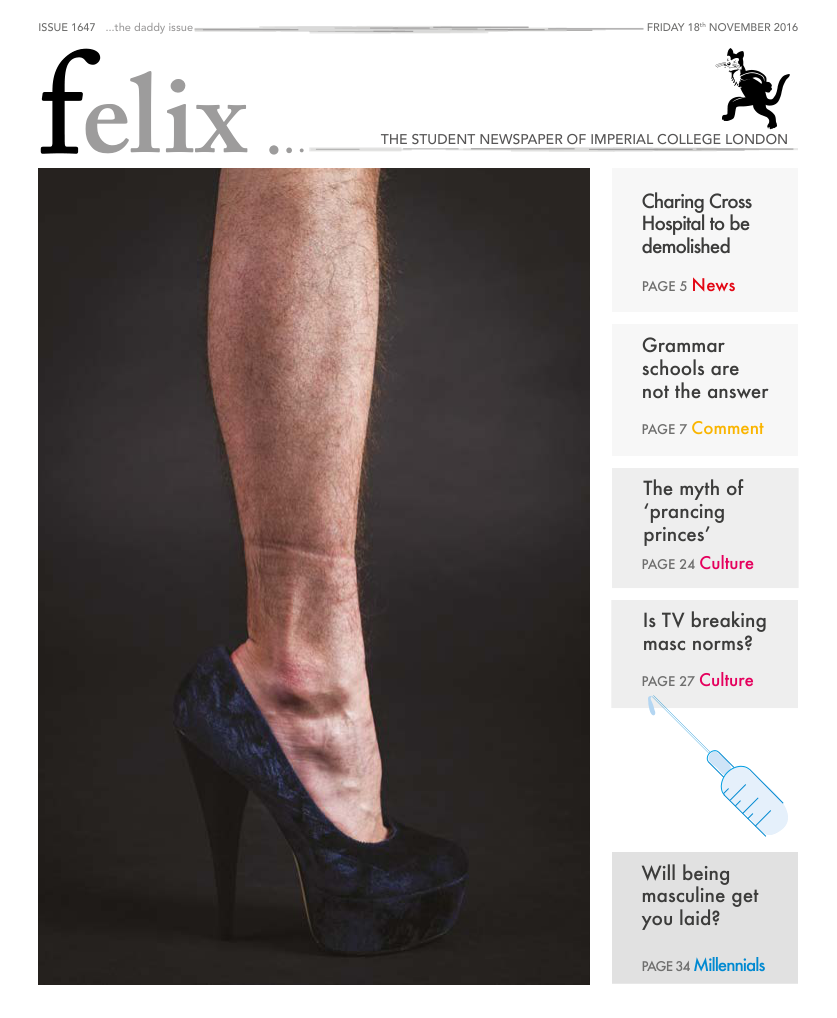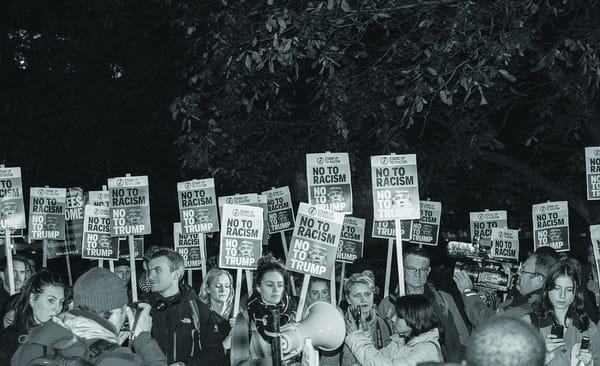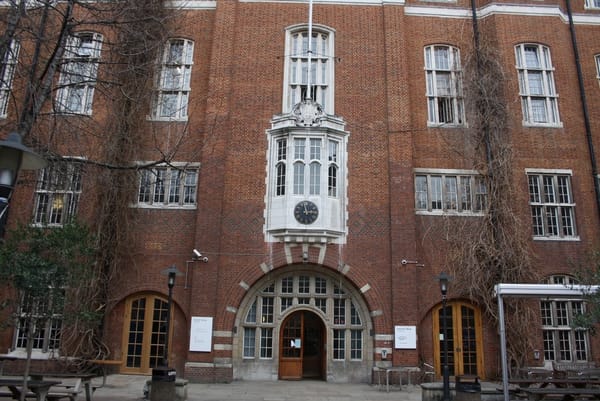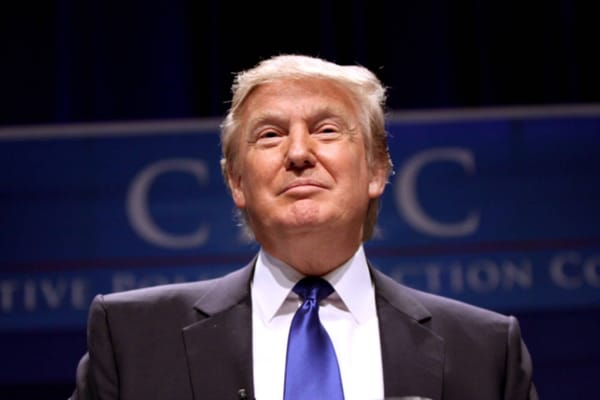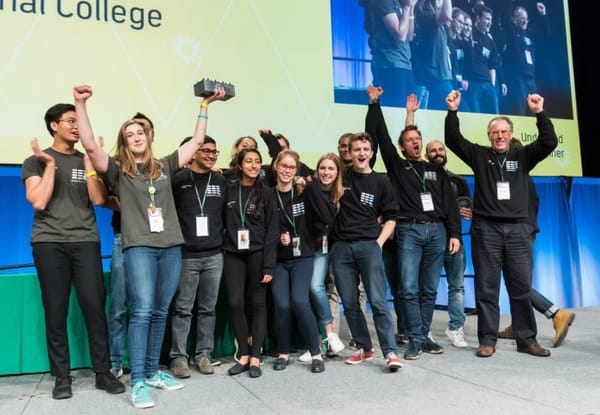Education demo still happening
...despite the Higher Education and Research Bill ammendments
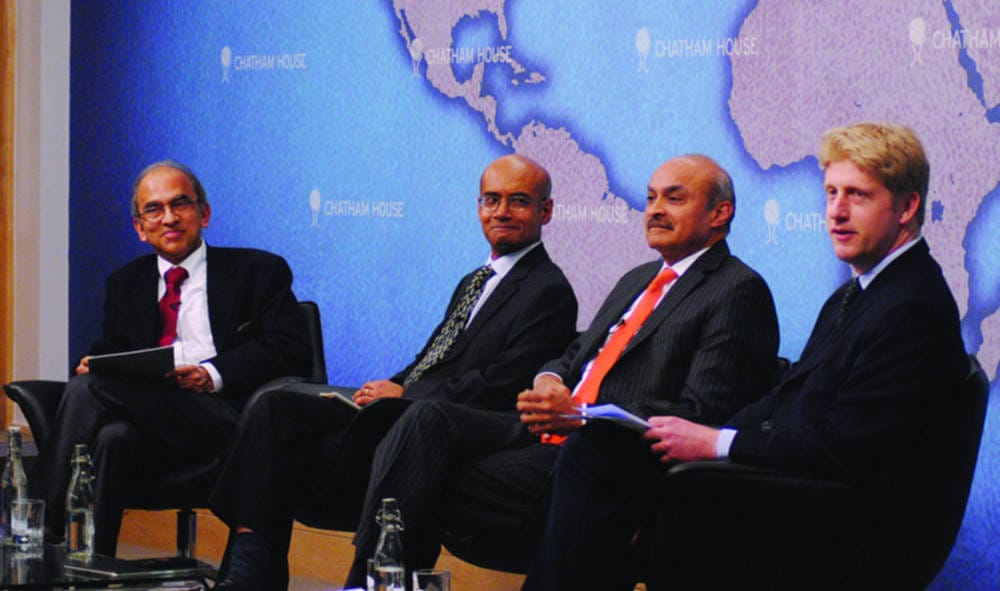
A march for education is taking place on Saturday the 19th of November in London, where students and academics will be protesting budget cuts, tuition fee rises and increases of student debt.
Maximum tuition fees are set for a 2.8% increase, which will see Imperial charge £9,250 for the academic year of 2017-2018. At the same time, maintenance grants and NHS bursaries are being scrapped, and the student loan terms are being changed.
The march was announced earlier this year in July, but has steadily been gaining momentum. On Monday the 14th of November, the government released amendments to the Higher Education and Research Bill first released last May. The bill first came under fire for various reasons such as the creation of the Office for Students (OfS), a powerful new body that will be able to override university Royal charters without parliamentary scrutiny, granting the Secretary of State unprecedented power of university governance and downgrading research councils. In a piece for the Guardian, published last October, Professor Stephen Curry, Director of Undergraduate Studies in the Department of Life Sciences, addressed the need for amendments to the Bill, and warned against the Teaching Excellence Framework (TEF), particularly the creation of a super-research council. “Never before in the history of British science have so few individuals been responsible for so much spending,” wrote Curry.
Further on the downgrade of research councils and the creation of a new powerful overarching council, UK Research and Innovation (UKRI), Curry wrote: “from before the middle of the last century, science’s influence in government has had multi-polar characteristics. Heads of autonomous funding councils, Whitehall chief scientists, learned societies, academics, and even campaign groups have together worked with, and sometimes against, government to protect the research base. This can never be the task of one or two individuals, yet the proposed arrangements invest a great deal of power in the chair and chief executive of UKRI.” We talked to Curry about the amendments released earlier this week: “I was pleased to see the amendment on Monday that sought to clarify that the Secretary of State (via the OfS) could NOT give any guidance on what courses universities could or could not teach,” said Curry. “However the OfS still has the power to repeal university Royal Charters and that still seems to me to be a threat to the independence and autonomy of our universities. I also remain concerned about the loss of voice and standing of the research councils in the establishment of UKRI. I’m not against UKRI per se – it could well do some good things but I think further amendments or clarifications are needed to ensure that the voice of the research community is heard loud and clear in government” he continued.
Amendments also included appointing a student representative to the Office for Students Board, more support for postgraduate research training and stronger protection of students. “It seems to me a good idea to have student representation in the OfS,” said Curry, “however, I remain worried about aspects of the TEF – it still risks becoming burdensome and too heavily driven by metrics which (as we all know) do a very poor job of capturing or characterising educational quality, which is the thing that students, staff and government all ought to be working together on.” The amendments were made public as Jo Johnson, Minister of State for Universities and Science took to twitter to inform students and lecturers of the government’s willingness to listen, saying “Thanks for the scrutiny - listened to students, unis and academics,and today tabling range of amendments to the HE & Research Bill”. However, Sorana Vieru, NUS Vice President (Higher Education) warns, “now is not the time to be complacent… [students] will be taking to the streets on November 19 to demand our voices are heard.”
“While I’m pleased to see the changes we’ve been calling for put in place, the original omission of a student from an office named after us showed the government’s plans for what they really are – driving market competition and not ensuring student needs are met. We still have a lot of work to do to challenge the government’s overhaul of higher education and put better plans forward. I’m glad the government has finally agreed with us that students should be included in decisions being made about them. These amendments show how students can have an impact and influence change if we work together”, she continues.
The education demo is organised by the National Students Union (NUS) and the University College Union (UCU). In preparation, at a rally hosted by SOAS Union on Wednesday, attended by NUS President Malia Bouattia and Leader of the Labour party, Jeremy Corbyn. When asked about the stance of ICU on the education demo, Union President Nas Andriopoulos said “Imperial College Union, which is not affiliated to the National Union of Students, does not have a formal stance on the demonstration or the Higher Education and Research Bill. As of yet, none of our students have approached the Union to join the demonstration. We do, however, hold concerns about the bill which will allow for-profit organisations to enter the Higher Education sector more easily. Furthermore, we do not think that the metrics that will be used to access teaching quality in the Teaching Excellence Framework are necessarily a good measure for excellence.“

